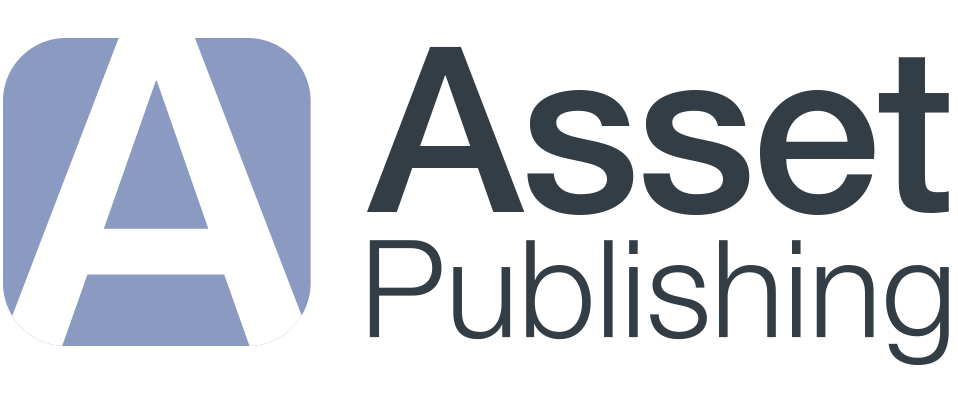AI in commercial property: SAPOA and legal experts explore promise, pitfalls and prudence
Events • News • Partner Content • PropTech

Artificial Intelligence (AI) is transforming the commercial property landscape but, as with any revolution, the excitement comes tempered by concern.
This was the prevailing message at SAPOA’s Gauteng Networking Breakfast co-hosted with Cliffe Dekker Hofmeyr (CDH) under the theme ‘Revolutionising Commercial Property: Harnessing AI for Success.’
The session offered a nuanced exploration of how AI is reshaping due diligence, lease abstraction, and predictive analytics in commercial real estate, but also warned against over-reliance on tools that remain in their infancy.
“AI is a powerful accelerator, but it is not a substitute for the strategic acumen of a professional who understands nuance and context,” said Muhammad Gattoo, Practice Head and Director of Real Estate at CDH. “The key is learning to leverage these tools skilfully and responsibly, effectively using AI to enhance service delivery, while taking active steps to mitigate against risk.”
Promise meets pitfalls
“AI tools can offer significant advantages, like helping us scan voluminous documents quickly and efficiently,” said Safee-Naaz Siddiqi, Senior Associate in Knowledge Management at CDH. “However, the output must always be verified carefully.”
Siddiqi referenced real-world cases where AI errors had serious consequences. She cited a South African case where fictional case citations were included in court papers, leading to serious admonishments from the judge, as well as a recent US case where professionals had researched legitimate sources and found real academic papers, but asked an AI tool to help format their citations.
“The AI tool altered the citation content during formatting, and the court struck the affected evidence when the errors were discovered,” she explained. “These examples demonstrate that while AI can be tremendously helpful, proper verification processes are essential for all professionals working with these tools.”
POPIA, privacy, and professionalism
With South Africa’s Protection of Personal Information Act (POPIA) in full effect, concerns around data compliance were front and centre. Panellists stressed that legal professionals must ensure AI tools do not inadvertently breach data privacy laws.
Suné Kruger, Senior Associate in Real Estate, emphasised the importance of being intentional about how AI tools are used. “I’m always careful to provide AI with the specific documents and information I want it to consider, rather than letting it operate without proper guidance,” she said. “The key is being deliberate about what data you feed into these systems – and none of that data should contain personal information belonging to a third party.”
Tools, not replacements
Throughout the discussion, the speakers reinforced that AI should be viewed as a complement to human intelligence, not a substitute. “We are integrating AI to augment—not replace—legal judgment,” Gattoo stated. “It can help spot red flags or accelerate lease reviews, but it doesn’t understand business intent, nuance, or risk appetite like an experienced lawyer does.”
To that end, the panellists recommended investing in continuous training and upskilling, helping staff understand both the capabilities and limitations of AI.
The SAPOA audience comprised of property fund managers, legal experts, developers, and academics who all engaged deeply with the debate, raised questions around cost, access, and the regulatory future of AI in property law.
A measured future
While the legal industry and property professionals are cautiously optimistic, the session underscored the need for balance. Innovation must walk hand-in-hand with regulation, ethical judgment, and continuous education.
“AI is not going away—but neither is the lawyer,” said Gattoo. “The winners will be those who learn to harness the best of both.”
